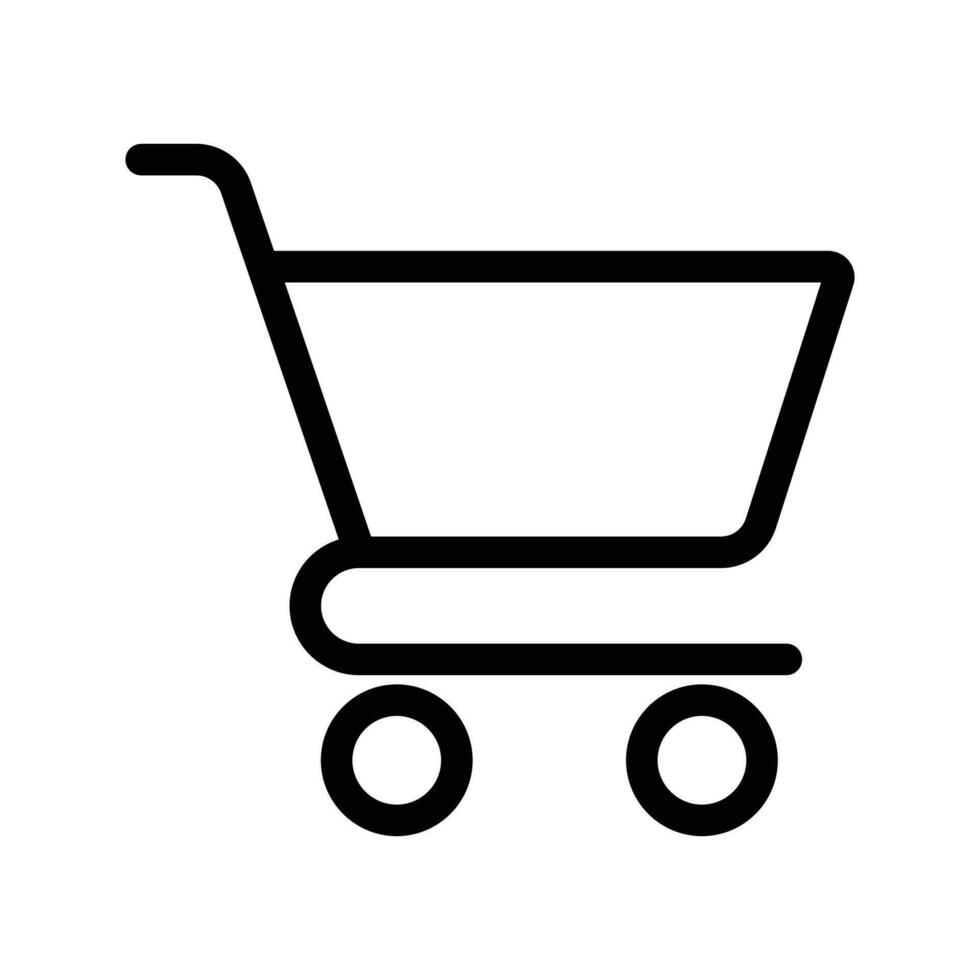
Support at every stage — before, during, and after the justice system.
General Information
The Federal court consists of three levels:
The provincial court system consists of:
-
The provincial or territorial court
-
The Superior Court
-
The Provincial Court of Appeal
The Supreme Court of Canada also acts as the court of last resort on the provincial level. More information can be found on the Canadian Government's "About Canada's System of Justice" page.
1. Judge – Oversees the trial, ensures legal procedures are followed, and makes rulings on admissibility of evidence and legal issues. If it’s a judge-alone trial, they also determine guilt or innocence.
2. Jury – In a jury trial, a group of citizens who listen to the evidence, follow the judge’s instructions on the law, and decide whether the accused is guilty or not guilty.
3.Crown Prosecutor – Represents the government and presents evidence to prove the accused’s guilt beyond a reasonable doubt.
4. Defence Lawyer – Represents the accused and challenges the prosecution’s case by cross-examining witnesses, presenting evidence, and making legal arguments.
5. Accused (Defendant) – The person charged with a criminal offence who may testify in their own defense but is not required to.
6. Witnesses – Provide testimony about what they saw, heard, or know regarding the case; they can be called by either the Crown or the defence.
7. Court Clerk – Assists the judge in administrative matters, manages court documents, and administers oaths to witnesses.
8. Court Reporter – Creates a verbatim transcript of the trial proceedings, which can be used for appeals or legal records.
9. Sheriff or Court Security Officer – Maintains order in the courtroom, ensures the safety of participants, and may escort the accused if they are in custody.
10. Victim Services Worker – Provides support and information to victims and witnesses before and during the trial process.
11. Interpreter – Translates proceedings for individuals who do not speak English or French fluently or require sign language interpretation.
12. Public (Observers) – Trials are generally open to the public, including media, unless restricted for legal reasons.